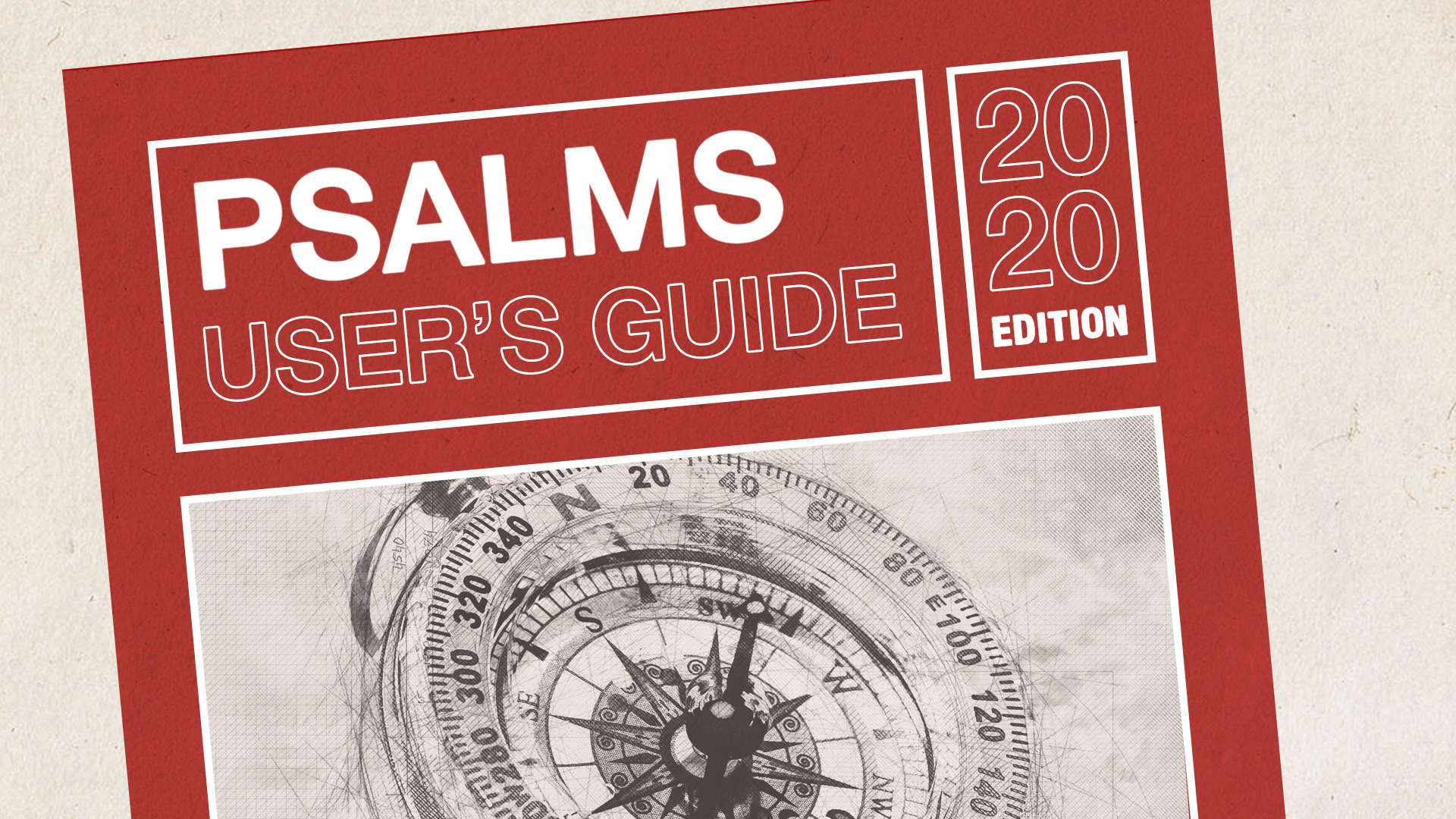Of all the things you might say (money, happiness, cowbell), I’m guessing poetry didn’t top your list.
Much less ancient Hebrew poetry.
But for thousands of years, a collection of 150 inspired poems and songs has sustained and served God’s people through every sort of season. Whether we are celebrating or grieving, triumphant or defeated, energized or apathetic, the Psalms offer us the rich language we need in order to live a life dependent on God in exceedingly complex times.
And so, this week, we begin by reading Psalms 1, 73, and 150 together as we reorient and regroup for the year ahead through poetry, practical and indispensable.
DOWNLOADS
See It Be It Audio Video Notes (download pdf) Notes (digital) iTunesSEE IT // BE IT
(WEEKLY COMMUNITY GROUP DISCUSSION GUIDE)
Title:Psalms: A User’s Guide: Psalm 1, 73, 150
ARRIVAL / SOCIAL TIME 15-20 minutes
Spend the first 15 minutes or so of your time together catching up and socializing with one another. Also, find time to catch up together on how the assignments from last week turned out.
SERMON REVIEW 5-10 minutes
Not merely a collection of poems, the Psalms provide a framework for us to interact with God. They give us words to express our delight, our gratitude, our frustration, our confusion, and our praise to God. Psalm 1 starts off by showing us that a blessed life results from avoiding the ways of the wicked and delighting in the Lord and His Word. While Psalm 1 shows us the baseline of life (obedience to God results in the blessings of God), reality can often resemble Psalm 73, where the author, Asaph, laments his observation of the wicked prospering while he, a righteous man, suffers. Asaph’s experience changes, however, when he enters the sanctuary of God and begins to see the eternal perspective—the wicked will perish but “I am continually with You. You have taken hold of my right hand. With Your counsel You will guide me and afterward receive me to glory” (vs.23-24). Trust doesn’t emerge until an encounter of absolute honesty with God occurs. Finally, Psalm 150 demonstrates the praise that results from such an encounter. Thus, the Psalms allow us to move from orientation (Psalm 1) to disorientation (Psalm 73) to reorientation (Psalm 150).
THE MAIN THOUGHT keep this in mind as you facilitate discussion.
The Psalms are the user’s manual for the soul.
SEE IT – Questions 10-15 minutes
Picture (What is the story saying?): According to Psalm 1, what brings blessings? In Psalm 73, what frustration did the author express? What was the turning point for him? How does his perspective change by the end of the psalm? According to Psalm 150, how are we to praise God? What are we to praise Him for (vs.2)?
Mirror (Where am I in the story?): How have you seen the truth of Psalm 1 in your own life? When did you realize that life often looks more like Psalm 73? How comfortable do you feel taking your frustrations to God and having an honest conversation? When have you had an encounter with God that changed your perspective with a particular situation?
Window (How does the story change how I see those around me?): How does Psalm 73 affect your perspective of your unsaved family, friends, and colleagues?
BE IT – Practice
Change UP // Exercise 5 minutes
Using each letter of the alphabet, take turns praising God for His mighty deeds and His excellent greatness (Ps. 150:2). “Thank You, God, for being Almighty.” “I praise You for Banishing death.” “Thank You for my Children.”
Change IN // Group Activity 10 minutes
Have each person share one of their favorite Psalms and how it has allowed them to have an honest conversation with God. If necessary for time’s sake, divide into groups of 3-4.
Change OUT // Life Application Assignment 5 minutes
Share the names of unsaved friends and family and spend a few minutes praying for their salvation and opportunities to share Christ with them this week.
CLOSING PRAYER 5 minutes
Take a few minutes to gather any prayer requests and pray for each other to SEE IT and BE IT this week.

